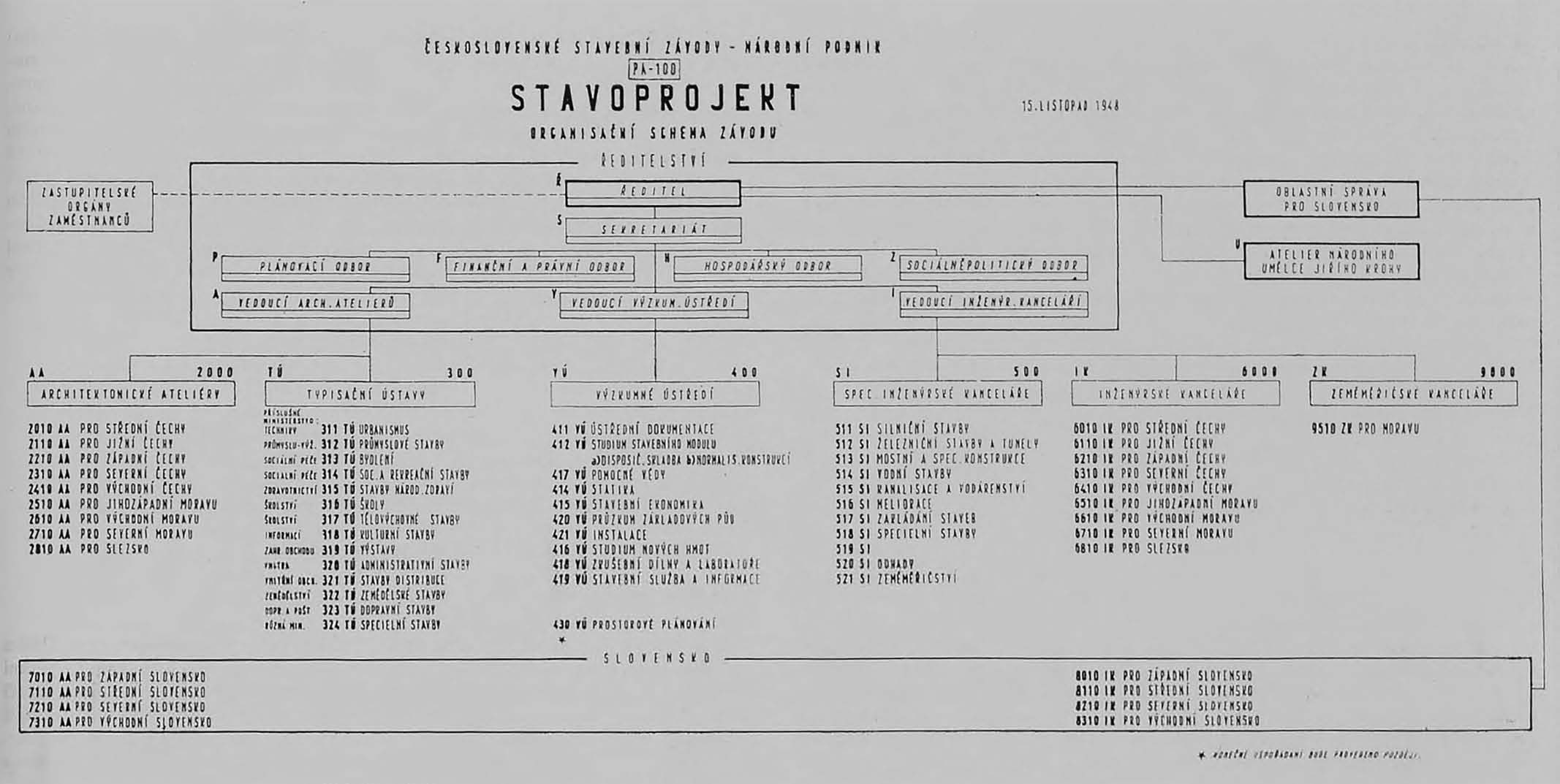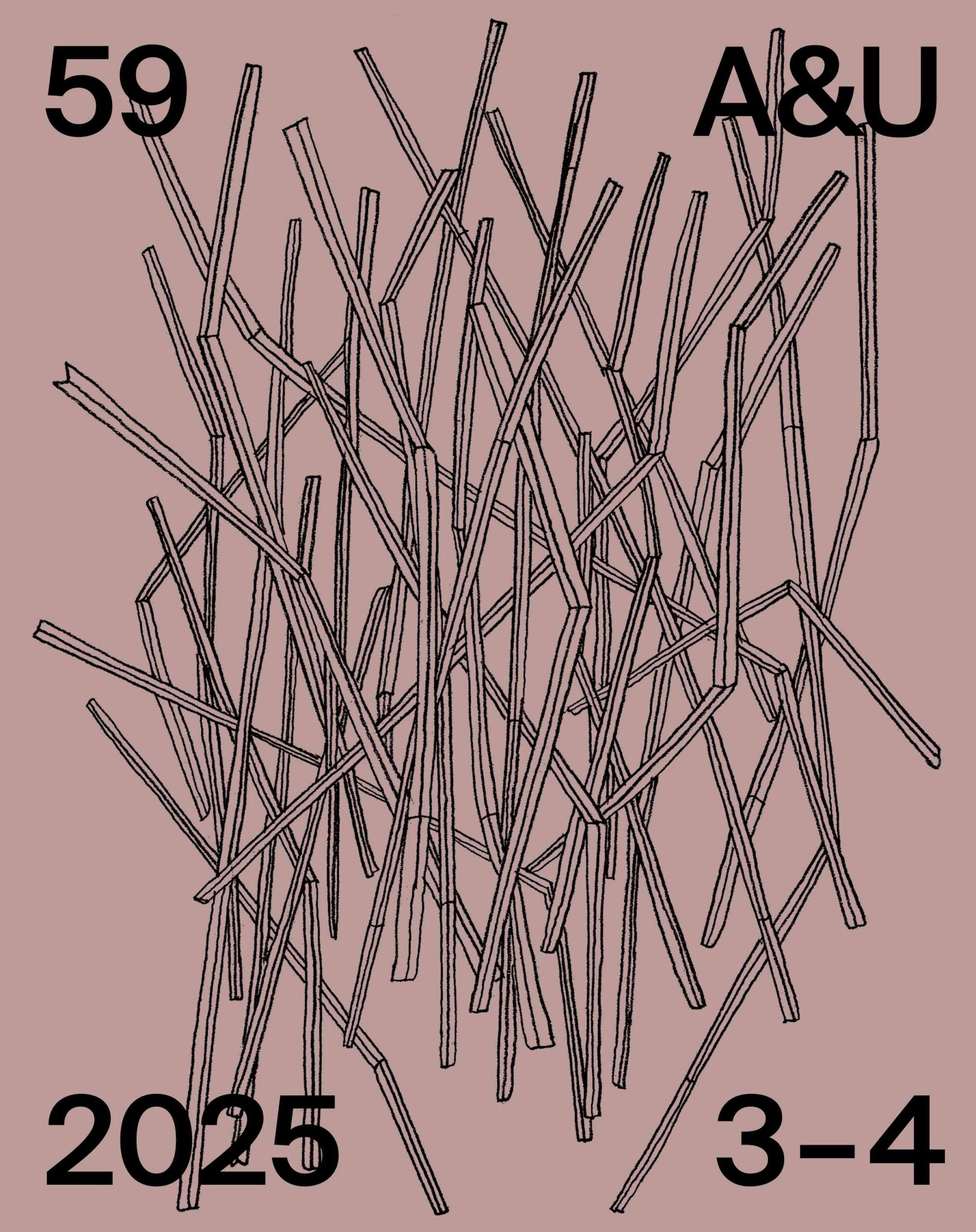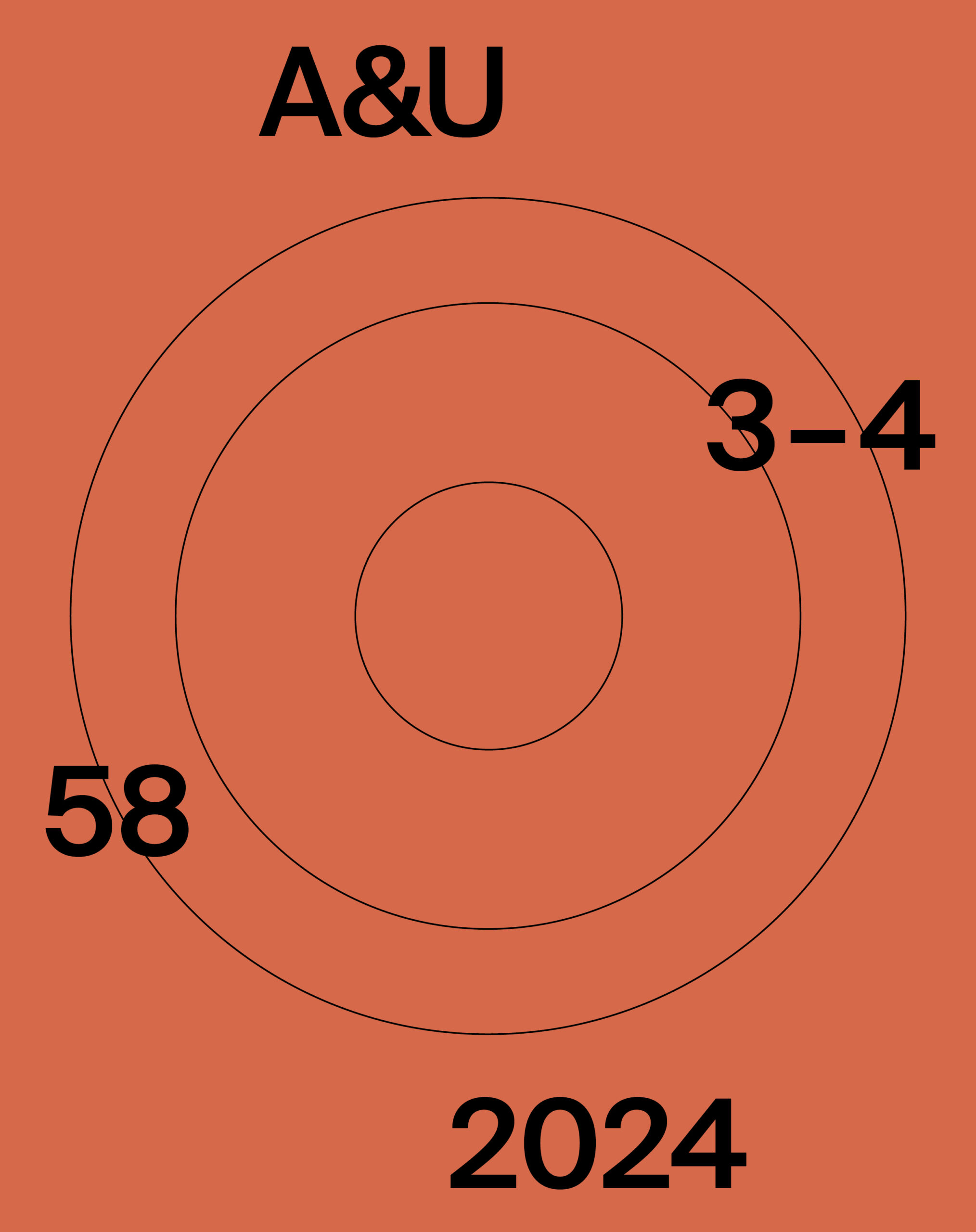The study focuses on the peak period of Czech regional planning during the short-lived postwar Czechoslovak democracy (between 1945 and 1948). The author examines the attitudes of leading actors of the debate about regional planning, and discusses how their concepts corresponded with the immediate rhetoric of ongoing political, social and economic transformation. Among the leading figures of the debate, the architects Jiří Voženílek and Ladislav Žák stand out as figures whose opposing technocratic and ecological standpoints clashed in 1948. Another crucial figure was the architect and urbanist Emanuel Hruška, the most enthusiastic Czech advocate of regional planning.

This work is licensed under a Creative Commons Attribution 4.0 International License.




